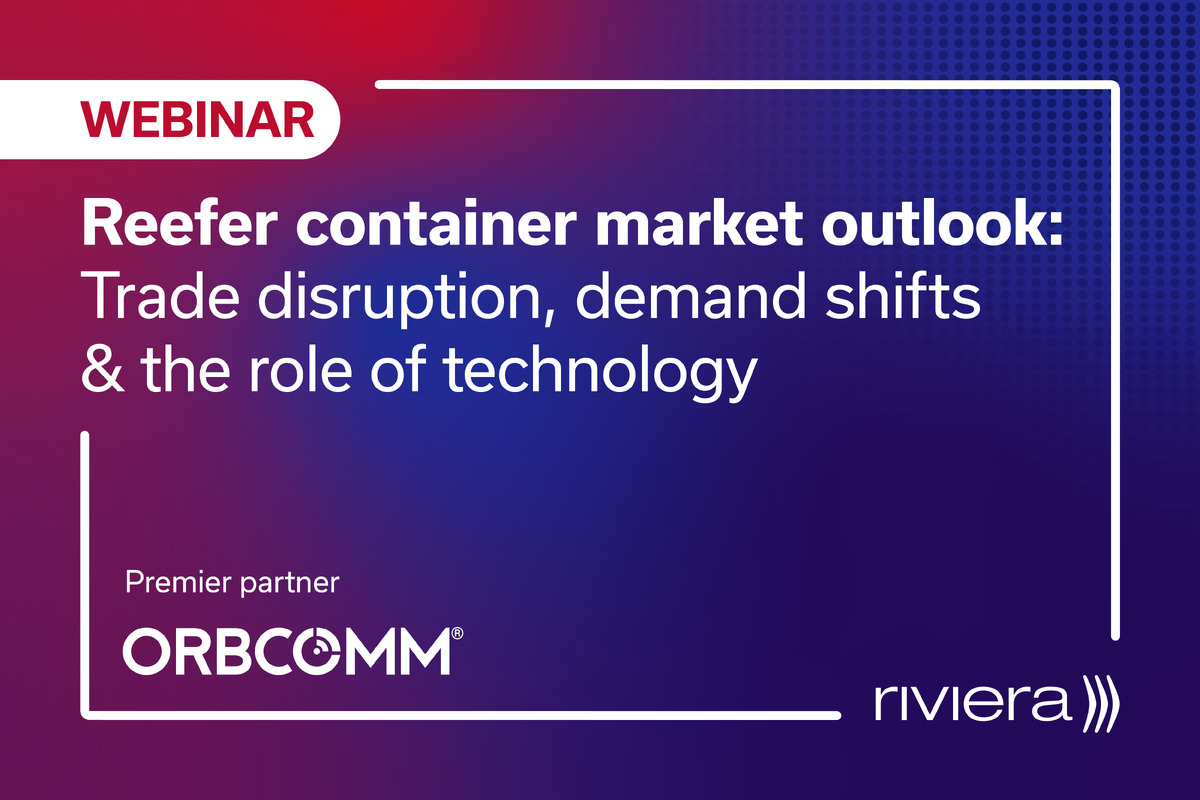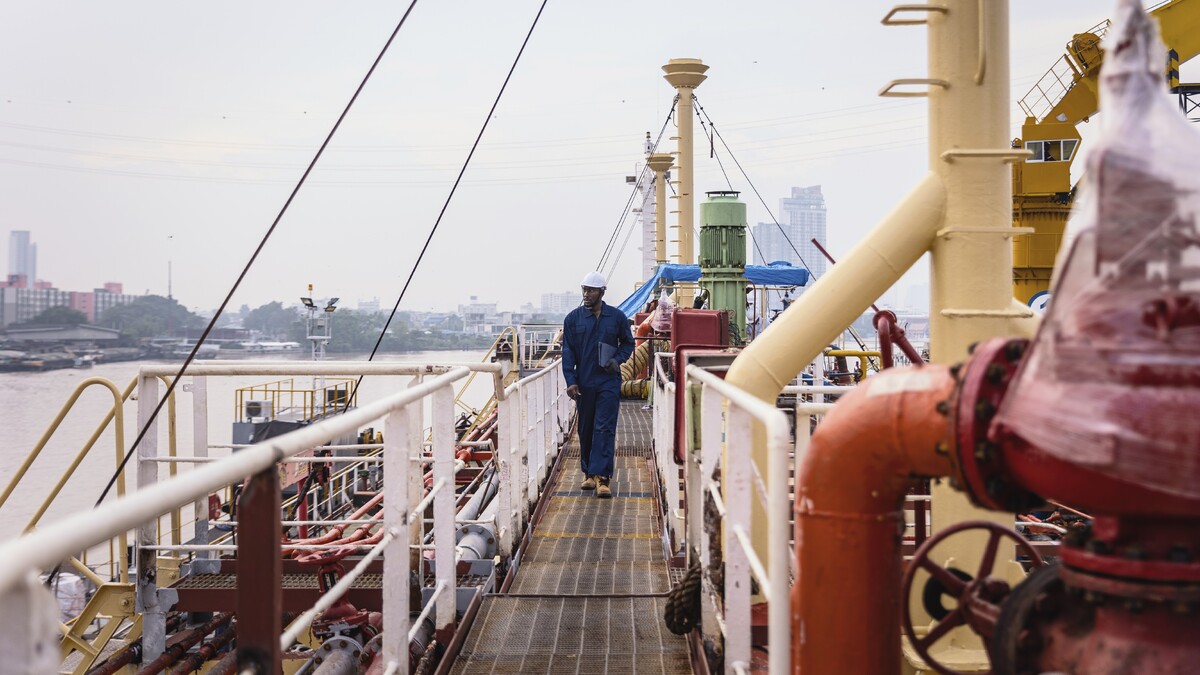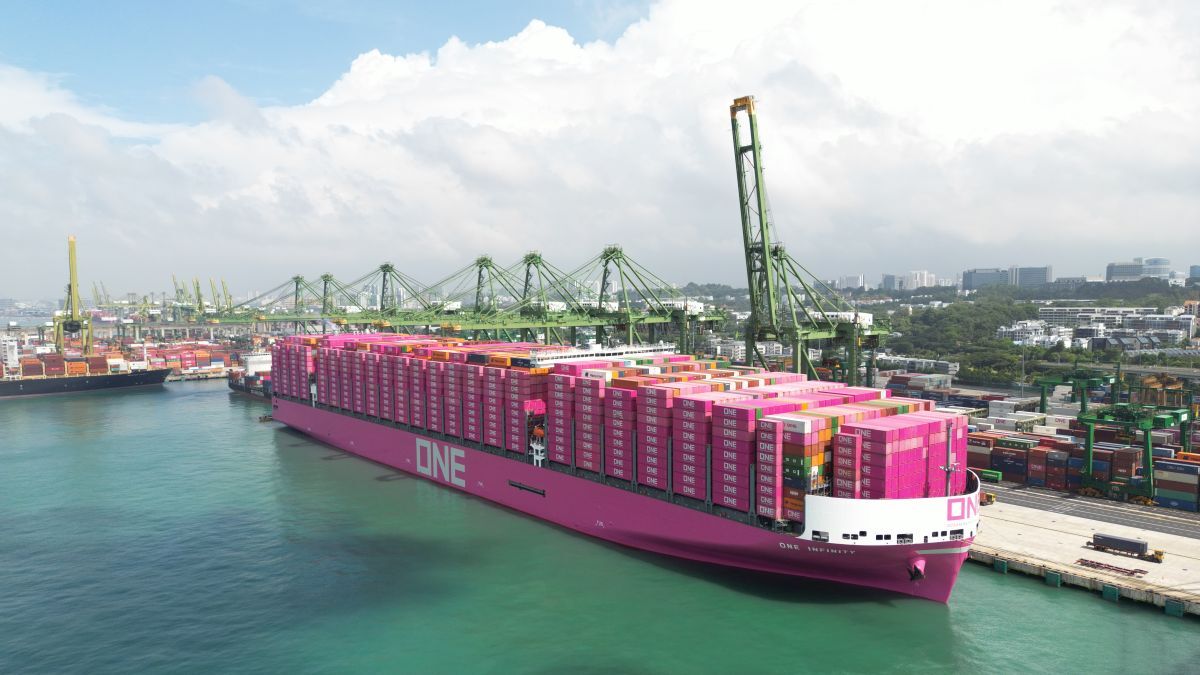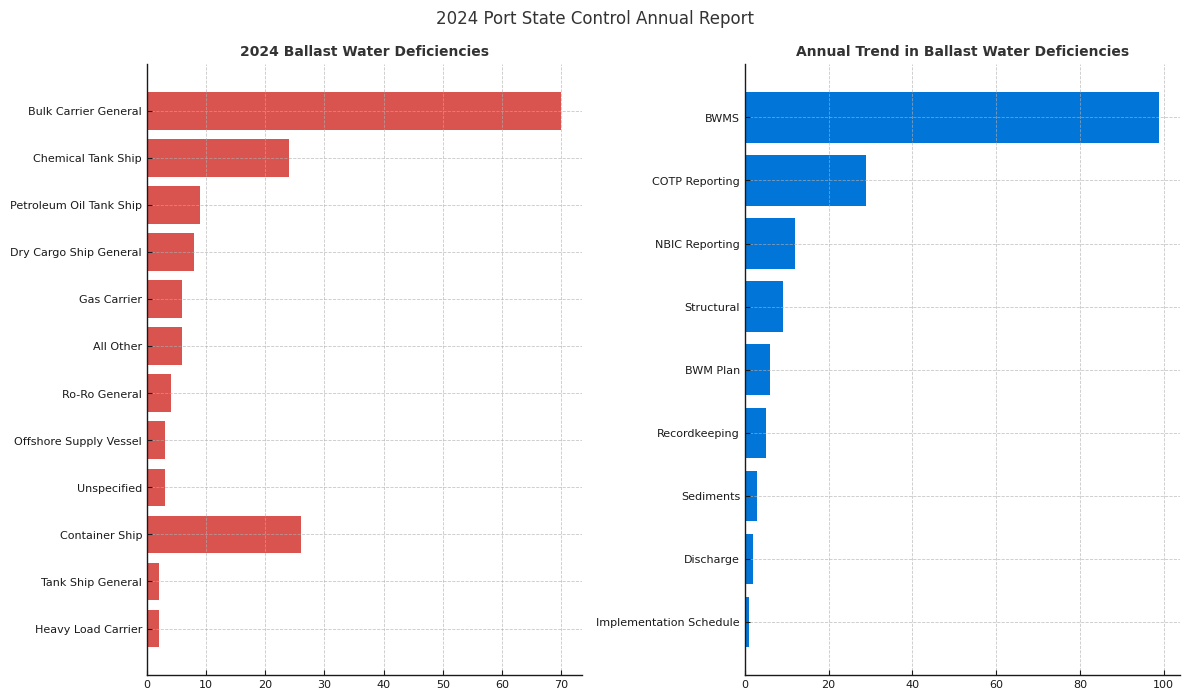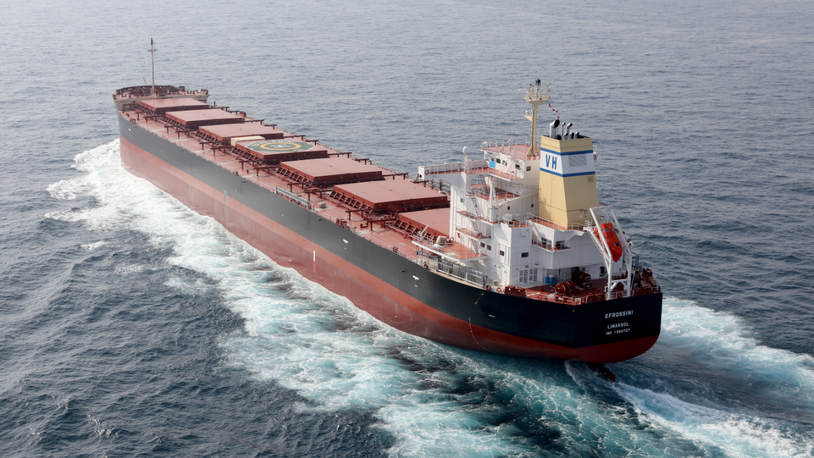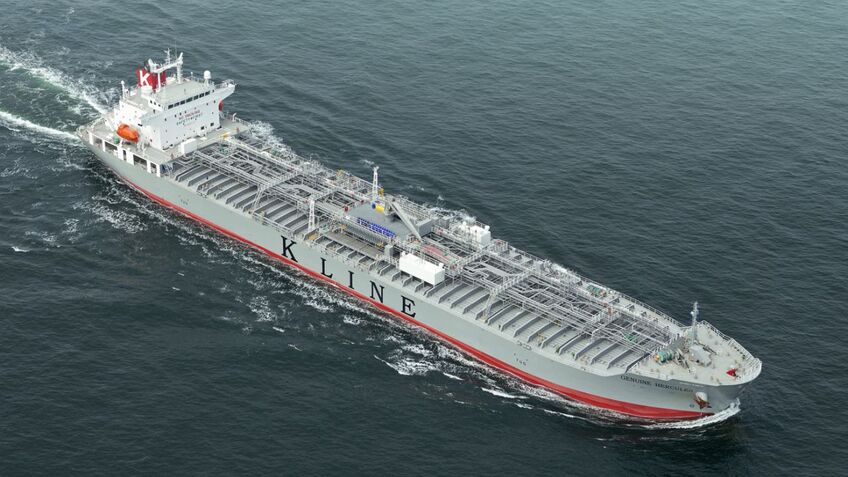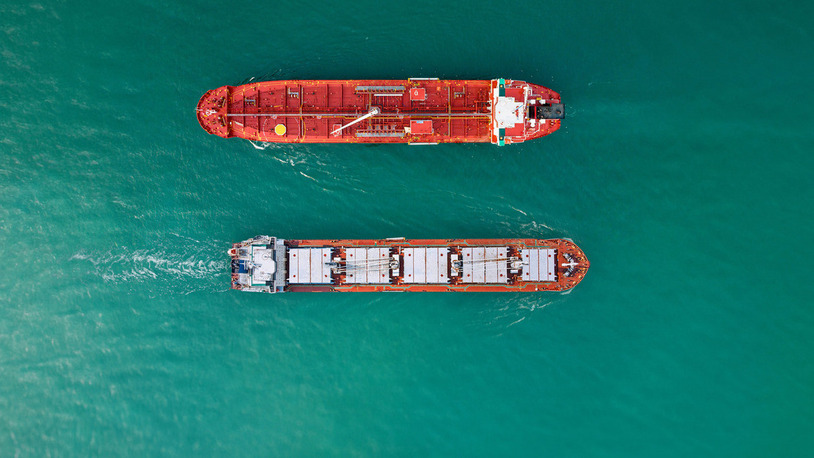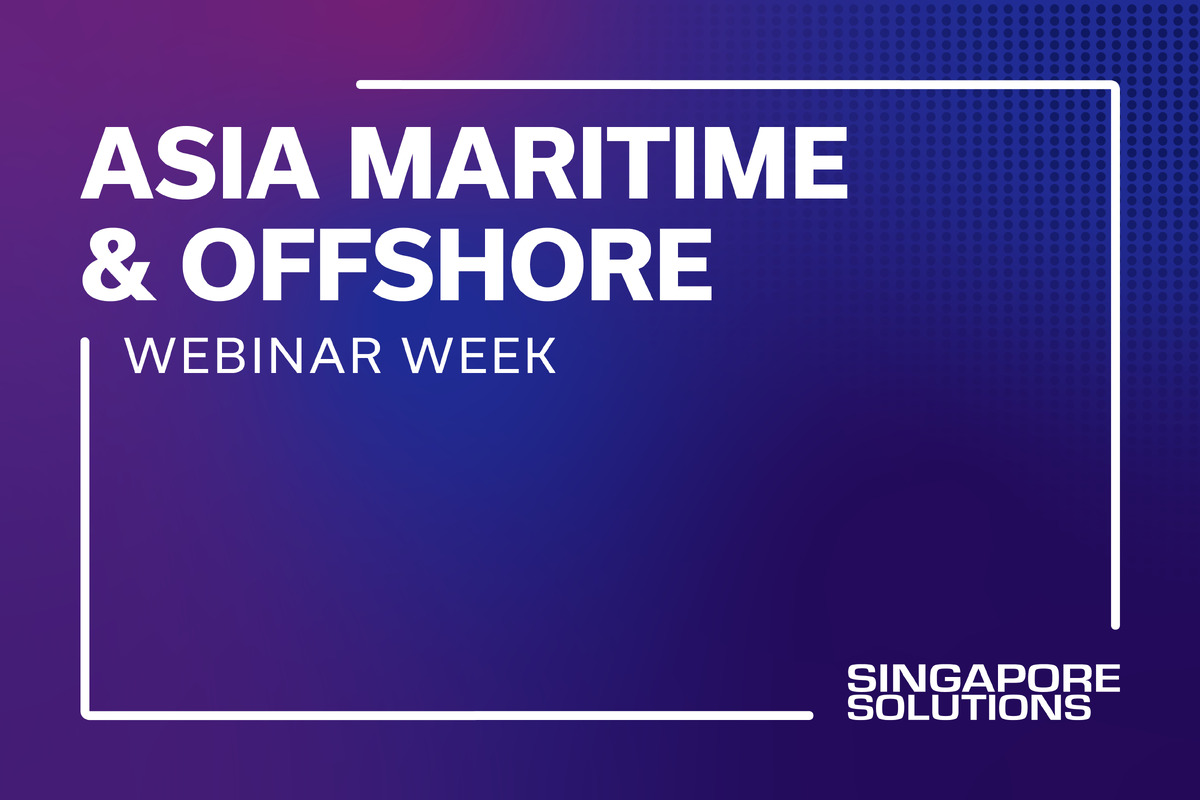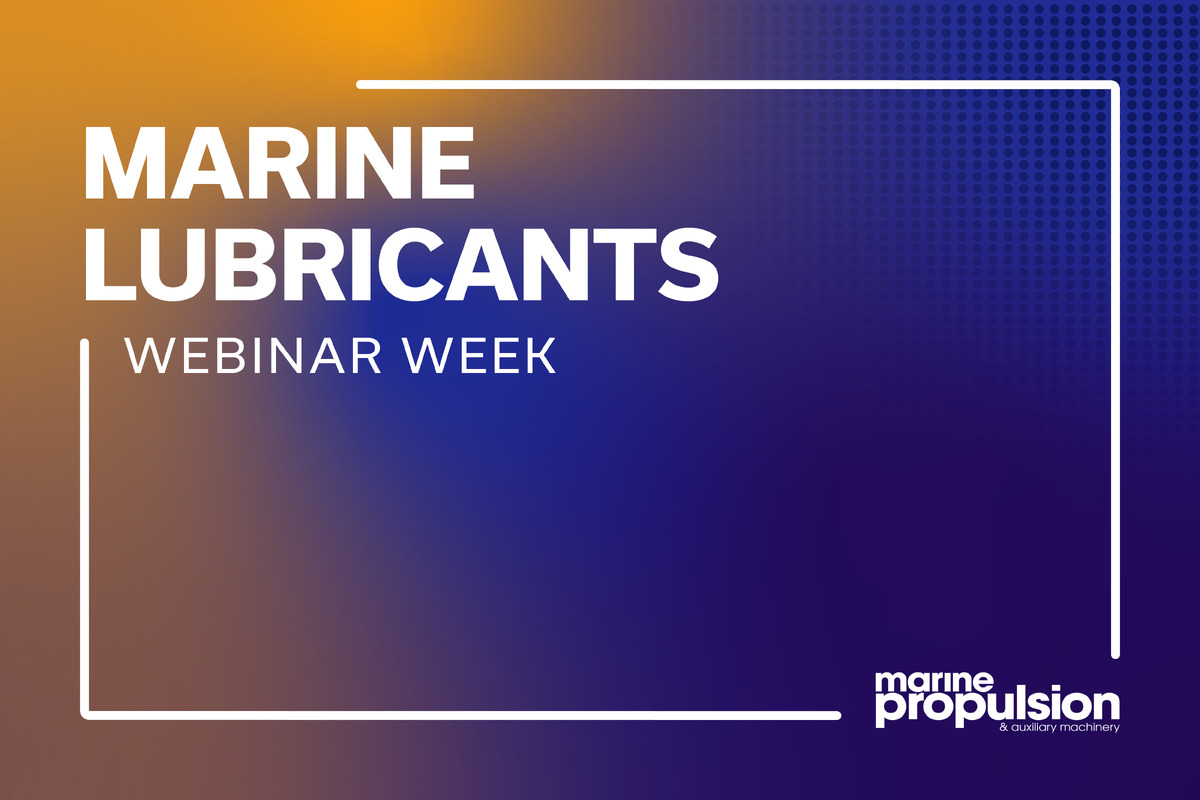Business Sectors
Contents
Register to read more articles.
Industry must heed 'serious wakeup call' if it is to meet 2030 goals
A joint report between the UCL Energy Institute, Getting to Zero Coalition and UN Climate Change High Level Champions has exposed yet more holes in the industry’s efforts to meet its climate goals by 2030
The third annual progress report by the group, titled Climate Action in Shipping: Progress toward Shipping’s 2030 Breakthrough, says the global shipping industry is not on track to meet its target of having zero-emissions fuels account for 5% of all fuels by 2030. It highlights the majority of actors across the maritime ecosystem are moving too slowly to meet critical decarbonisation targets for 2030, putting the long-term net-zero goals at risks.
IMO’s stated goal is to ensure that zero- or near-zero-emissions fuels make up 5%-10% of all shipping fuels by 2030. The 5% target is considered the critical mass at which the infrastructure, supply chains and technology that support zero-emissions fuels mature and enable exponential growth.
The annual series reviews what it calls the five ‘system change levers’ across the maritime value chain: finance, supply, demand, policy and civil society, and ascertains whether actions across these levers are aligned – or are aligning – with what would be necessary to meet the 5-10% scalable zero-emissions fuel (SZEF) goal by 2030.
This year’s reports states that not enough progress has been made and the window of opportunity to act is rapidly closing as “very little correction” to the 2030 trajectory will be possible after the mid-2020s.
The Getting to Zero Coalition termed it a “serious wake-up call” for the industry.
Value chain woes
Of the 35 actions required to deliver the 2030 breakthrough, just eight are considered on track, while 13 have been classed as off track – up from eight in last year’s edition of the report. The remaining 14 are only partially on track.
Demand is off track, and this is linked to production. Unless production of newer fuel significantly ramps up, the current orderbook of zero-emissions-capable vessels will only deliver around 25% of the demand needed to achieve the 2030 target. Given long lead times on new vessels, the report said, “Urgent action is needed to bring demand back on track.”
Production of SZEF currently in the pipeline could, under the more conservative scenario, end up covering less than half of the fuel needed to hit the 2030 target, while the current orderbook of SZEF-capable vessels would only deliver around 25% of required SZEF demand by the same year.
Finance for SZEF is also now off track – a downgrade from 2023 – due to a slowdown in funding towards SZEF-related activities and more funding going towards fossil-fuelled vessels.
A slowdown in funding for SZEF-related activities and vessels paired with greater funding for conventional fossil-fuelled tonnage means finance is now off track against the 2030 goal – a downgrade from 2023 when it was partially on track. The report calls for greater public funding to offset the shrinking private funds.
Policy remains partially on track. The report said, “Progress has been positive at a global policy level” following the 2023 IMO Strategy on Reduction of GHG Emissions from Ships.
And beginning in January 2025, commercial vessels calling at EU ports will have to pay a GHG emissions penalty if their emissions intensity falls outside the scope of the new FuelEU emissions pricing regulations, which is intended to drive shipowner demand for cleaner fuels.
Progress remains slower at the national level, with the report noting greater action is needed to develop support mechanisms for SZEF bunkering and vessel developments.
The Global Maritime Forum director of decarbonisation, Jesse Fahnestock said, “There is no time to waste, and we must see a big shift in momentum over the next 12 months to bring our 2030 targets within reach.”
“With such long lead times to implement policy, finance and build vessels and energy supply chains, the window of opportunity is only open by a crack – but importantly, it is still open. This report must act as a serious wake-up call to the industry to accelerate the transformation we need to see in the sector.”
The 2024 edition of the report can be downloaded here.
Riviera’s Maritime Decarbonization Conference, Americas will be held in Houston, Texas, 4 December 2024. Click here to register your interest in this industry-leading event.
Related to this Story
Safe Bulkers reports improved carbon intensity and eyes 'green' technologies
Events
Reefer container market outlook: Trade disruption, demand shifts & the role of technology
Asia Maritime & Offshore Webinar Week 2025
Marine Lubricants Webinar Week 2025
CO2 Shipping & Terminals Conference 2025
© 2024 Riviera Maritime Media Ltd.
